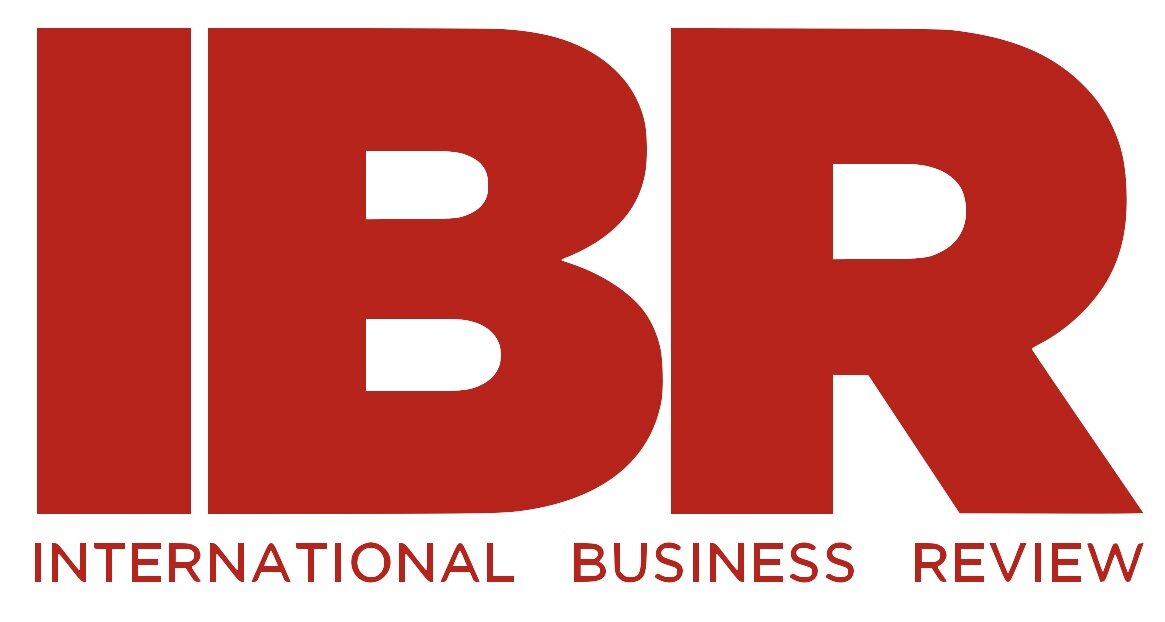The Grand Ethiopian Renaissance Dam: A Case Study in Development by Adrian Massuet W'24
Announced in 2011, the Grand Ethiopian Renaissance Dam (GERD) is a $4.8 billion dam project set for completion in 2023. GERD will soon be the largest hydroelectric dam in Africa, eventually generating enough steady, reliable, and affordable electricity for Ethiopia to double its current capacity and set the nation on the path toward industrialization and reduced poverty.
Experts predict that GERD’s energy output will far exceed Ethiopian demand meaning neighboring Egypt and Sudan stand to benefit as well from a market influx of excess electricity. It has also been argued that GERD could potentially help Egypt control the flooding of the Nile.
Despite the project’s promising future, controversy has enveloped GERD since its inception. The lower riparian nations of Egypt and Sudan are raising serious and ever-growing concerns over Ethiopia’s eventual control of the Nile. GERD’s impact on downstream trade, agriculture, and security contribute to rapidly increasing tensions.
To add to the volatility of the dispute, foreign powers such as China, Turkey, and the United States are rushing in to protect their respective interests. The three powerful nations have invested heavily in Ethiopian infrastructure, education, and agriculture and their investments came with strings attached. These foreign powers have brought their own inter-dynamics and rivalries to the region, thereby creating a high-stakes poker game for the three African nations as well as international negotiators and diplomats trying to contend with national pride.
In addition to control over the life-giving waters of the Nile, a disagreement has erupted over the rapidly approaching completion of the dam and the imminent filling of the reservoir. Ethiopia is eager to complete the project promptly so that it may reap the financial and political benefits of its investment sooner. Ethiopia began filling the dam in July 2020 and Ethiopians greet the future with bold optimism as they believe that harnessing the ancient powers of the Blue Nile will give them a chance for prosperity.
To Egyptians, however, the announcement rings like a death knell. Egypt proposes a slower, decade-long process to gain a better understanding of the dam’s impacts on the Nile’s waters. Ninety percent (90%) of Egypt's freshwater comes from the Blue Nile and the rapidly growing nation contends that if the GERD is completed and the reservoir filled too quickly, it could severely diminish the flow of the Blue Nile.
GERD also poses the threat of having water-claims, which historically mostly belong to Egypt, renegotiated in Ethiopia’s favor now that it can exert much more control on the base of the river. Ethiopia attempts to assuage its neighbors’ fears by claiming that the dam project will benefit Sudan and Egypt tremendously by reducing the risk of floods and making cheap electricity available. Egypt in turn, has met these promises with skepticism and growing discontent for the project.
Aside from the national, religious, and ethnic conflicts, there are several practical problems related to the construction of the dam itself. International engineers have raised valid concerns over the engineering integrity of the dam. Further, GERD is being constructed at the base of the river (Map 1). Egypt’s pre-existing High Aswan Dam is located further upstream. Ethiopia and Egypt must coordinate the operations of the two dams to avoid a water- sharing catastrophe.
The hard negotiations ahead will require that foreign policy and infrastructure experts from each of the three African nations develop a shared understanding of the technical issues as well as a willingness to compromise while crafting detailed policy agreements on issues ranging from power trade to dam safety.
Other nations can potentially provide impartial scientific advice, bring legal and engineering expertise, and arbitrate the inevitable disputes that arise over time.
GERD presents an insightful case-study into the complexities and challenges an emerging nation may face when attempting a major development project. Balancing the investments and interests of world powers, disputing with hostile neighbors, and elevating status on the world stage are all to be expected if Ethiopia is to any indication.
Adrian Massuet is a freshman in the Wharton School intending to concentrate in real estate and finance. His interests include international development and political affairs. He enjoys playing sports, reading historical non-fiction, and discussing current events.

